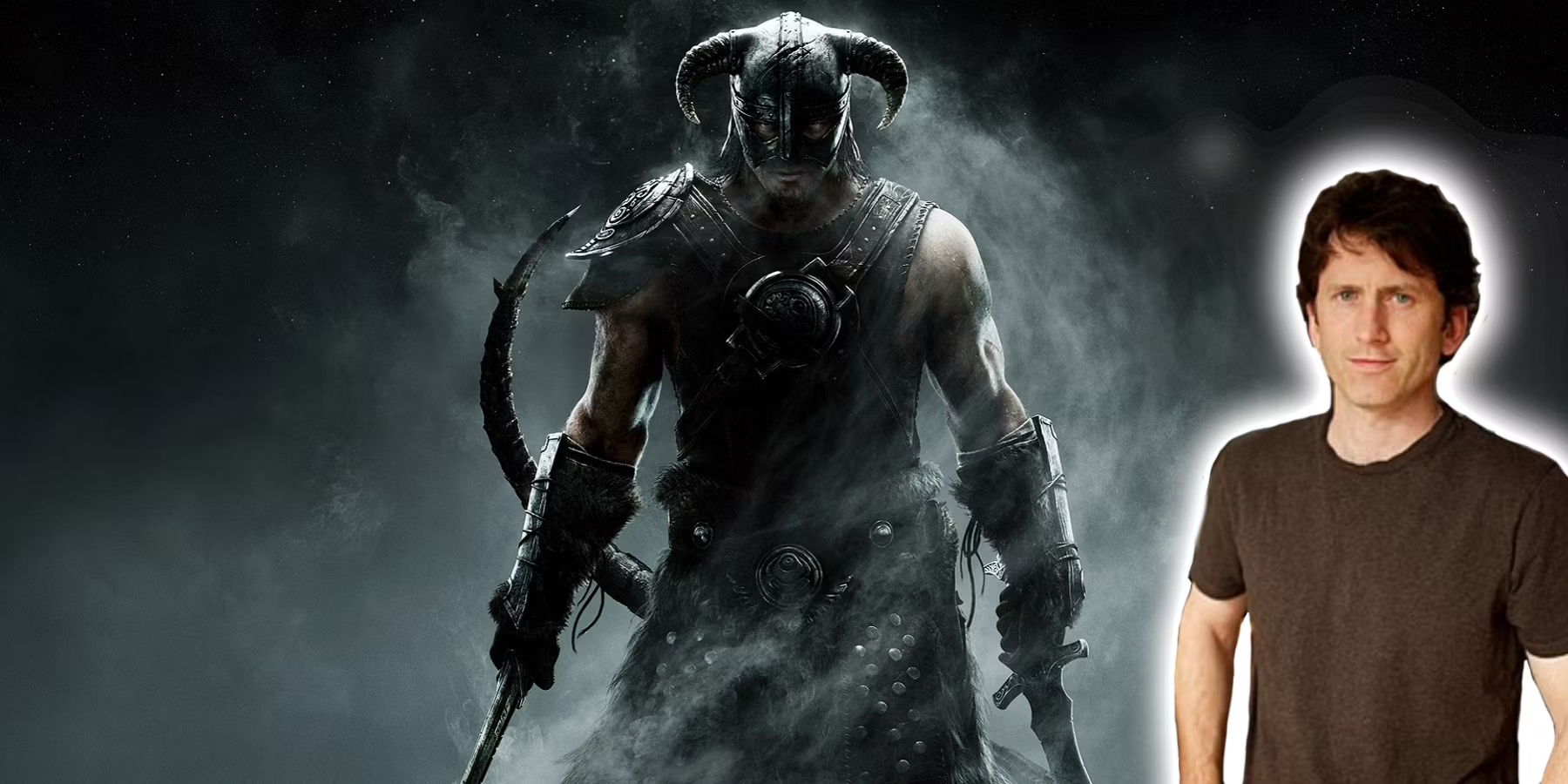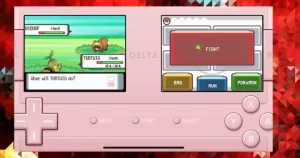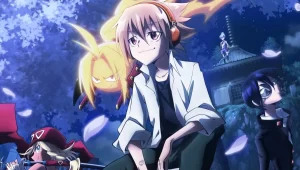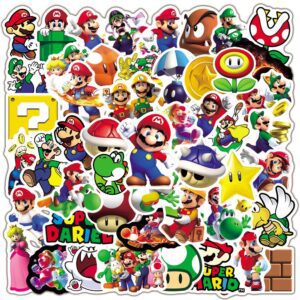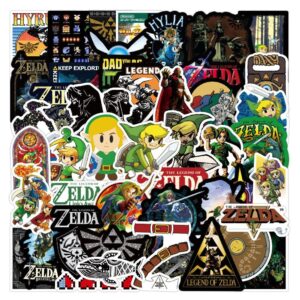A game’s release day used to be its pinnacle in the bygone era of feature-complete titles. In terms of interest, sales, and praise it was the most important day for any title. The result of a cacophonous din of excitement erupting into a majestic crescendo. In the context of modern games, that couldn’t be further from the truth.
Any excitement for a game’s launch is almost immediately drowned beneath a tidal wave of controversy. Whether it’s crunch times, lay-offs, exclusivity deals, or defensive developers, it doesn’t matter. There’s inevitably some issue that’ll smother all anticipation for the release.
The number of bugs and glitches littering release day titles only accentuates this. The games industry has created an environment where it’s often better to play a game years after its initial release.

Source: In-Game Screenshot (unfortunately)
There’s also the matter of content being carved away from a completed product to sell as future DLC. This practice primarily serves to justify the continued prevalence of season passes, giving developers content to promise up-front.
The amount of content in a modern game is often laughable, compared to what it boasts in its dying days. Threadbare titles like No Man’s Sky or The Forest find themselves brimming with content. The latter was more honest about its incomplete state, as that’s precisely the purpose early access serves. But that doesn’t detract from the fact that playing it now is an infinitely better experience than playing it four years ago. Even quality titles like The Witcher 3 are significantly fleshed out by the time the developers have moved on.
Between that and the patches, playing a game at launch just feels like an incomplete experience. You can return to their loving embrace when a new DLC is released, but it never feels the same. Even the most beloved of games are hard to revisit, simply to experience new content tacked on post-launch. It almost always warrants another play-through which, given the frequency of new releases, is hardly practical.
Invest towards the end of its life-cycle; you only have to play it through once, in its complete state. As patched and balanced as it’ll get, with all the DLC ready.
The Controversy Dies Down
Modern game releases emerge into a malaise of hatred. Like the Lone Wanderer staggering out of Vault 101, they face a blasted murderous wasteland. The continued inclusion of reviled practices like loot-boxes and micro-transactions earn them endless amounts of ire. To the point where, just recently, unrelated development staff is bullied offline for their inclusion.
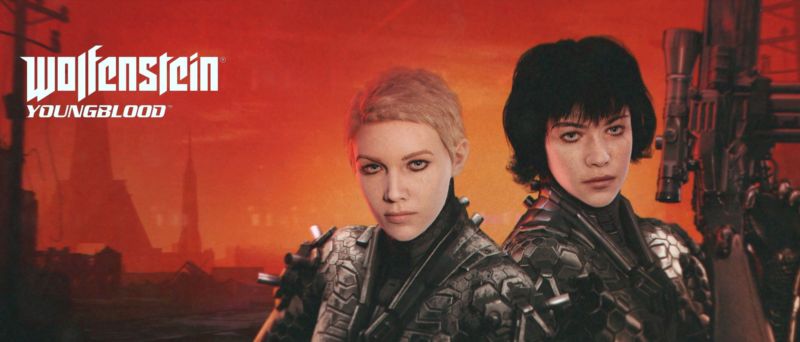
There’s also the ongoing conflict surrounding the Epic Games Store. Any developer choosing to house its game there must contend with torrents of abuse. Most do so poorly, as demonstrated by Gearbox and more recently the Ooblets developers, Glumberland. It may not affect the title on a technical level, but the hatred surrounding these titles does sour them. It can completely kill hype for a title and bury all discussion of the game’s better aspects.
Playing a game beyond the confines of that industry bubble is a perfect demonstration of blissful ignorance. Instead of noticing every niggling flaw the gaming community focuses on, you can enjoy it at your leisure.
In exceptional cases, developers even bow to the controversy, leaving a better title in its wake. Both Middle Earth: Shadow of War and Star Wars: Battlefront 2 were re-balanced and liberated from their shady monetization. Titles like Mass Effect: Andromeda are more enjoyable to play without being preemptively disappointed based on other’s experiences.
They’re Just Cheaper
A simple one, this. For those without the bottomless wallets for keeping up to date with game releases, it’s far cheaper to wait. Since sales are an excellent way to make money from developer’s back-catalogs, they’re a frequent occurrence in out-dated titles. And in modern video-game terms, a title is deemed ‘out-dated’ often as soon as six-months out from release.
Recently on Steam, the entire Borderlands franchise has been on sale for less than a punnet of prawns. Dishonoured and its sequel have dropped to a pittance. The Batman: Arkham franchise does the same.
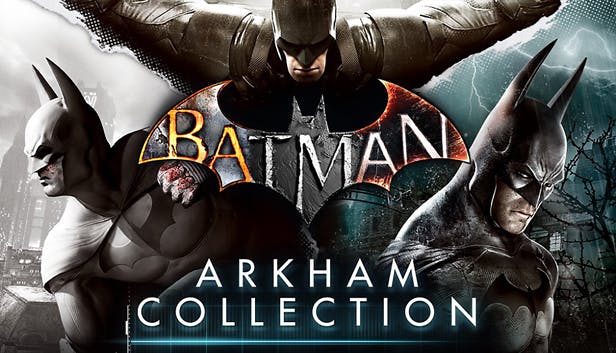
Source: HumbleBundle.com Store Page
Games like to claim they’re still sixty dollars at most, but that’s untrue. Between pre-order bonuses, season passes, gold editions and whatever else they use to extract more money from a single sale, they’re often upwards of a hundred. For those that loathe the idea of missing out, it can be very expensive buying titles at launch. If you don’t want to blow your income on a couple of games, it’s essential to wait a while.
The Internet’s Aid
For those that relish mysteries, picking apart a brand-new title is one of the greatest experiences in gaming. For those that don’t, it’s best to wait for other people to do it first. Within a few months of release, the internet will naturally amass an arsenal of guides and walkthroughs to reference.
Challenging or dull segments that revolve around guessing a developer’s thoughts can be enjoyed without spending hours problem-solving. Collectables buried under rocks hundreds of feet from anything noteworthy can be found without wasting hours. It’s practically a necessity for those that enjoy completing such titles. And considering I wrote an article about that very thing, it’s evident where I stand on the matter.
Completing something is immensely satisfying, but the agonizing amount of busy-work some developers demand for that achievement is ludicrous. I’d much rather wait for some other noble soul to sacrifice their afternoon and provide us a screenshot.
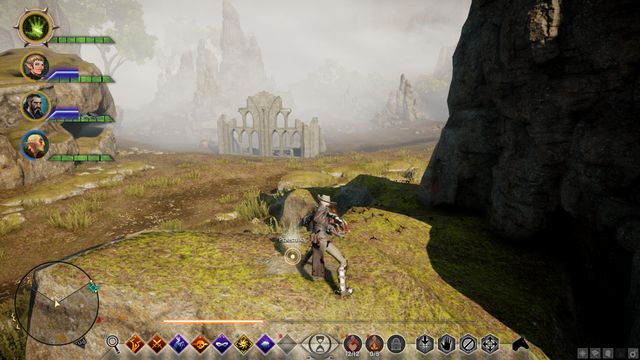
This also applies to resolving crashes, technical issues, bugs, and any other system incompatibilities. Given enough time, there’s doubtlessly going to be someone who’s faced and overcome the same issue. A solution can be found in minutes, instead of hours of trial and error.
Conclusion
While there’s plenty of enjoyment to be had from playing something the moment it comes out and riding that wave of excitement, it’s often a more prudent move to wait a while. Even the best games are smoother and more complete experiences when given time to ferment. The game itself is better and you’re often in a better state to enjoy it.
That’s not to say you should stop buying modern games on release. But perhaps consider whether some titles will be better if given time to grow before you make that decision.
Enjoy this article? Find more editorials from Culture of Gaming here. Or simply follow our Twitter to see when any new article goes live.






